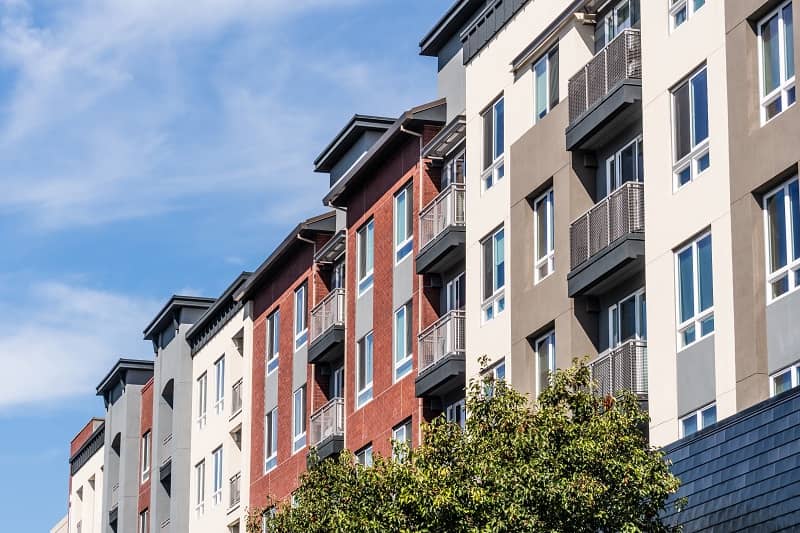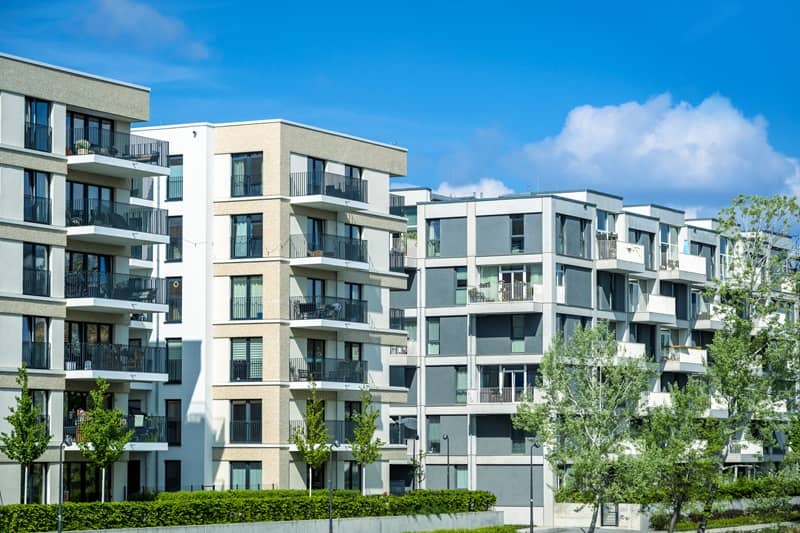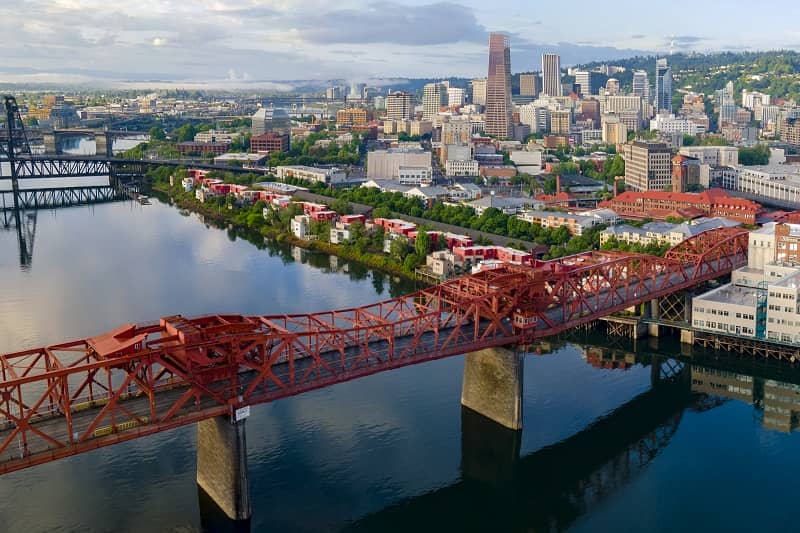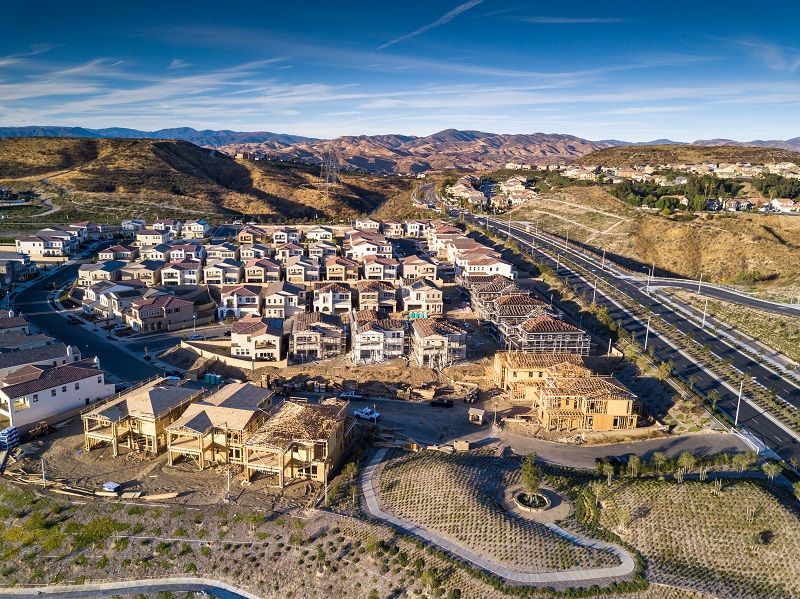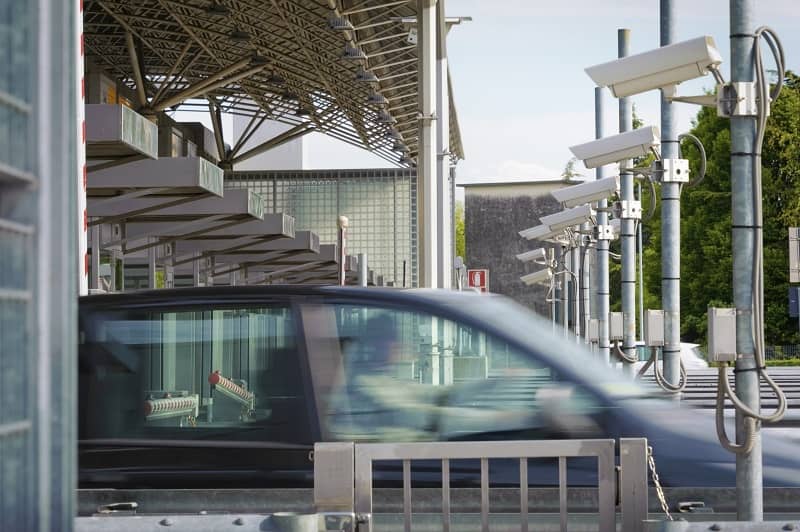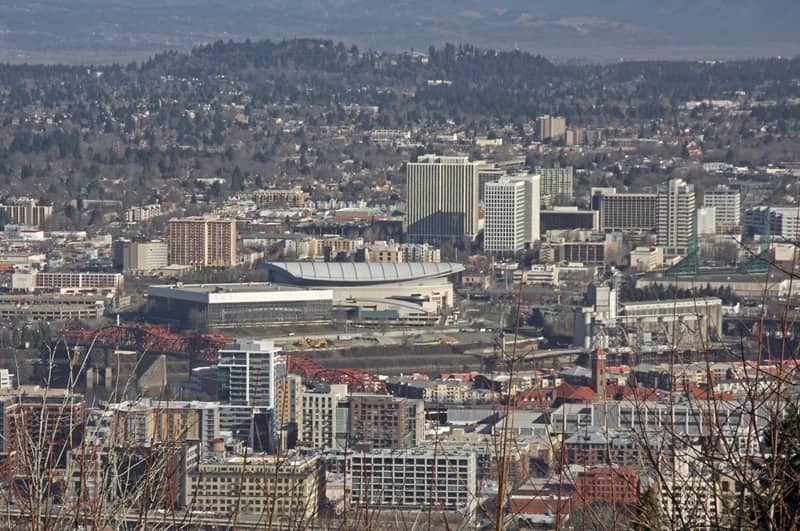By Taylor Marks
Starting July 1, Portland property owners will have new choices about how residential land can be used.
The Portland City Council unanimously approved a wide array of changes to the city’s restrictive zoning policies, ending zoning laws that limited what types of homes could be constructed.
Specifically, the decision removes a regulation known as single-family zoning, a requirement that says by law, the only type of construction that can occur is single-family housing. The regulation change doesn’t mean new single-family homes can’t be built, but it does mean that property owners and developers may build other types of homes on the property. Property owners may now choose to build denser housing to meet rising demand, which could relieve Portland’s housing shortage and cost of living crisis without resorting to regressive policies like rent control.
Loosening zoning restrictions is one small step toward increasing the supply of housing, but it cannot stop there. The City of Portland should begin planning a moderate expansion of the urban growth boundary alongside allowing denser urban design choices, which would enable Portland developers to meet the high housing demands of today.
Taylor Marks is a Research Associate at Cascade Policy Institute, Oregon’s free market public policy research organization.
